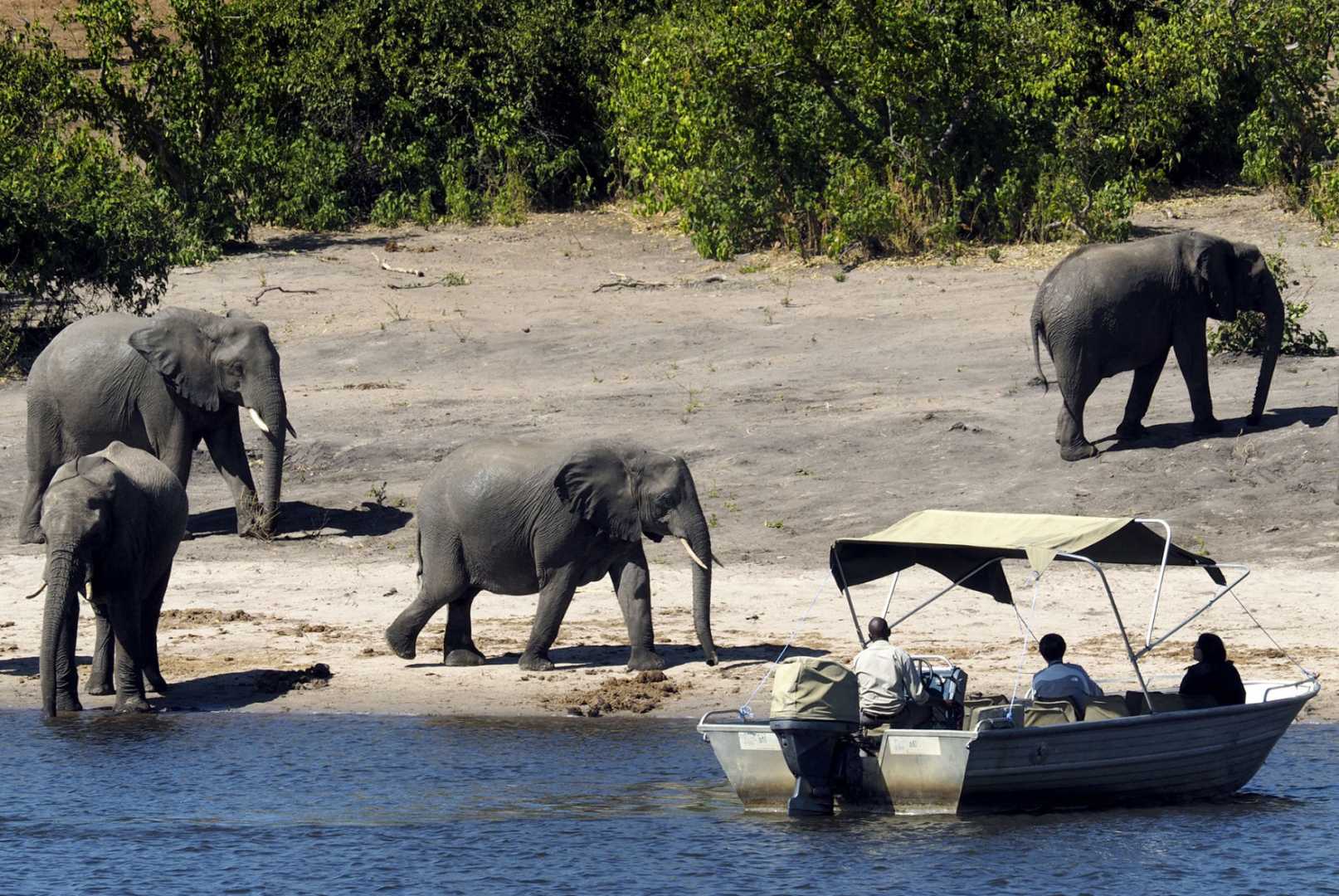News
Botswana Expands Biodiversity Efforts Amid Economic Challenges

Botswana‘s safari tourism industry, a critical pillar of its economy, is undergoing transformation as the country seeks innovative ways to capitalize on its rich ecosystems. Diamonds and wildlife are Botswana’s most renowned features, but biodiversity is becoming increasingly vital for economic growth. Currently, Botswana stands as one of the world’s most sparsely populated nations, with vast, relatively untouched landscapes home to great herds of iconic wildlife. These include the country’s celebrated Okavango Delta, a UNESCO World Heritage Site since 2014.
The nation’s wildlife, including the largest population of elephants estimated at 132,000 in 2022, plays a significant role in the tourism industry. With more than a million tourists visiting annually, drawn by the promise of its spectacular megafauna and the Big Five, Botswana is firmly established as a premier safari destination. The International Finance Corporation (IFC) indicated in a 2022 report that tourism contributes nearly 10% of Botswana’s GDP when factoring in indirect benefits.
However, the tourism sector faces challenges despite its economic significance. “Both visitor volumes and receipts have levelled off,” stated the IFC, attributing this stagnation to issues in governance, coordination, and strategy, as well as climate change and land degradation. Cyril Taolo, acting director of the Department of Wildlife and National Parks, highlighted the need for updated park entry fees to better support conservation efforts. Fees had remained the same for over two decades until a benchmarking exercise sparked an increase, yielding $7.8m in revenue, a substantial rise from initial forecasts of $1m.
Beyond tourism, economic development in other sectors threatens Botswana’s natural ecosystems. In 2020, the government authorized a Canadian company to drill for oil in the Okavango Delta, a decision met with strong opposition from conservation groups like BirdLife Botswana. Motshereganyi Virat Kootsositse of BirdLife Botswana warned about the pollution risks, asserting that drilling could damage the tourist industry significantly.
Botswana also contends with agriculture’s expansion. As the government pushes to reduce food import dependency, increased land allocation for agriculture could encroach on critical wildlife habitats. In response to rising human-wildlife conflicts, Botswana resumed elephant hunting permits in 2019, a practice that has sparked international controversy.
To address these multifaceted challenges, Botswana is exploring biodiversity credits as part of its strategy to leverage its ecosystems. These credits function similarly to carbon offsets, where projects enhance biodiversity within a defined area. Partnerships, such as those between environmental services company Sylva and the Great Plains Foundation, aim to initiate these projects in Botswana.
Sylva’s founder, Marc Maleika, emphasized the need for biodiversity credit initiatives, saying, “If your work is not resulting in a durable, additional, measurable and verifiable improvement, you’re not getting that carrot.” He advocates for community buy-in, noting that local involvement is crucial for defending against threats like poaching. Maleika believes such efforts could ensure Botswana preserves its natural riches sustainably, benefiting the environment, local communities, and the tourism sector.












